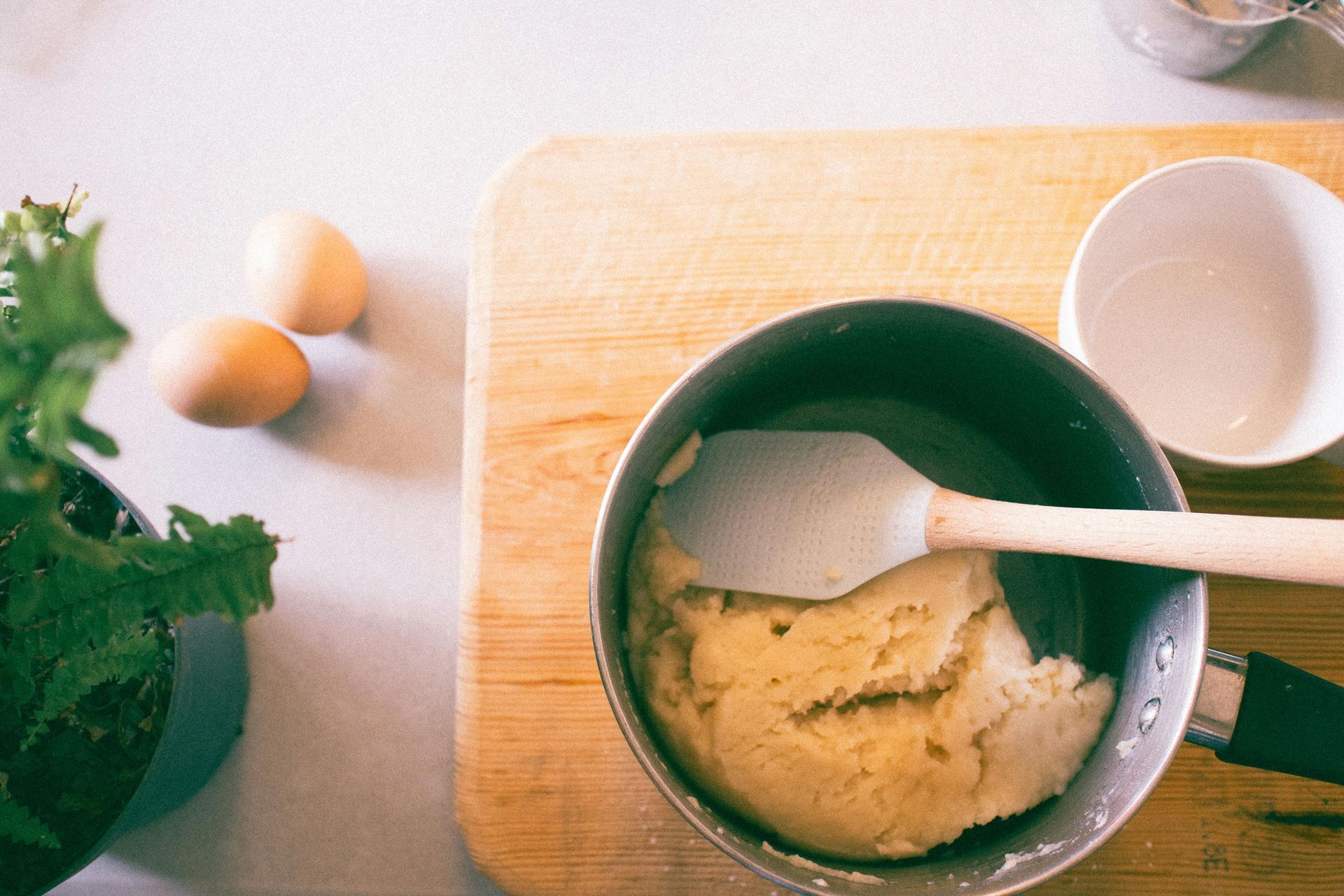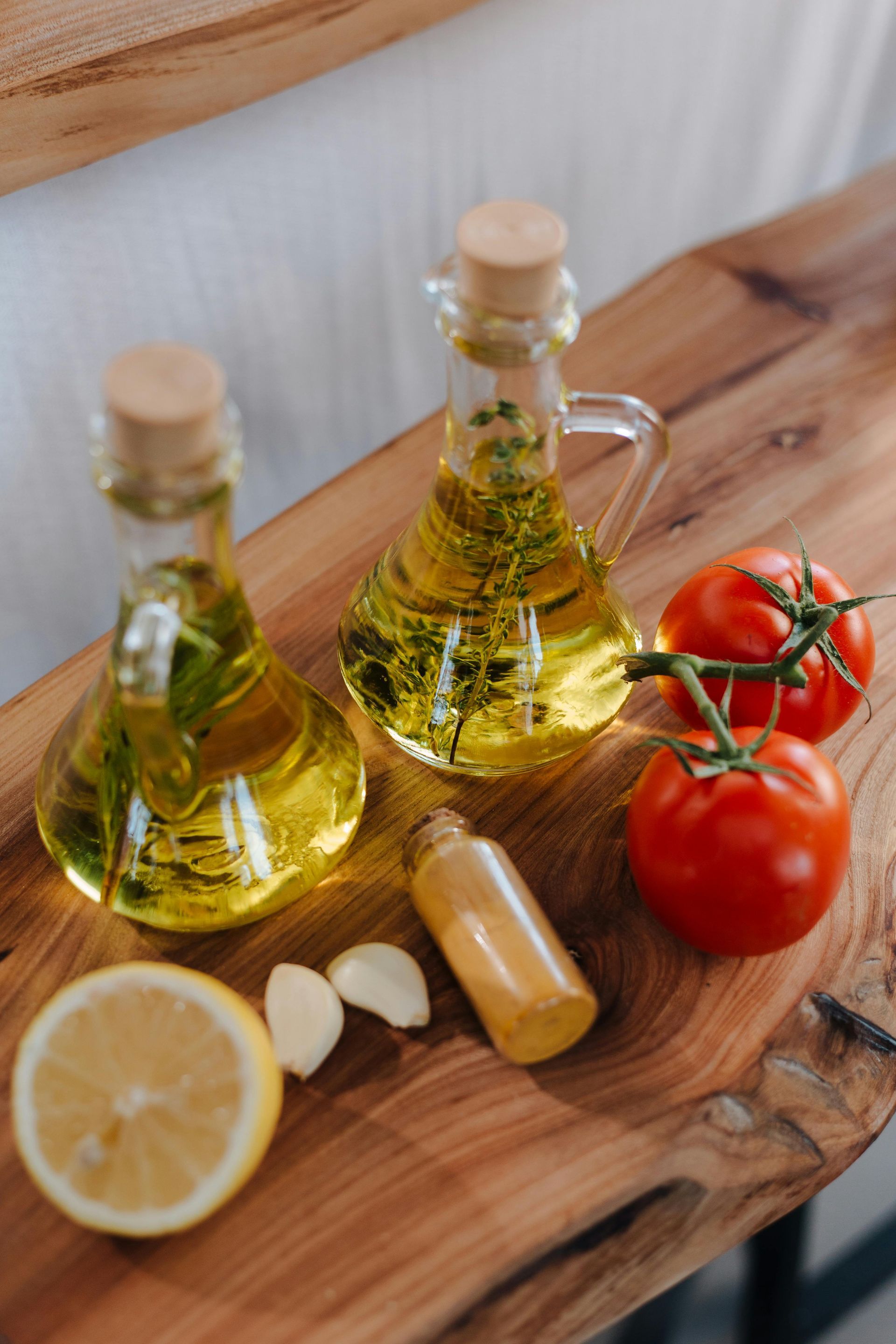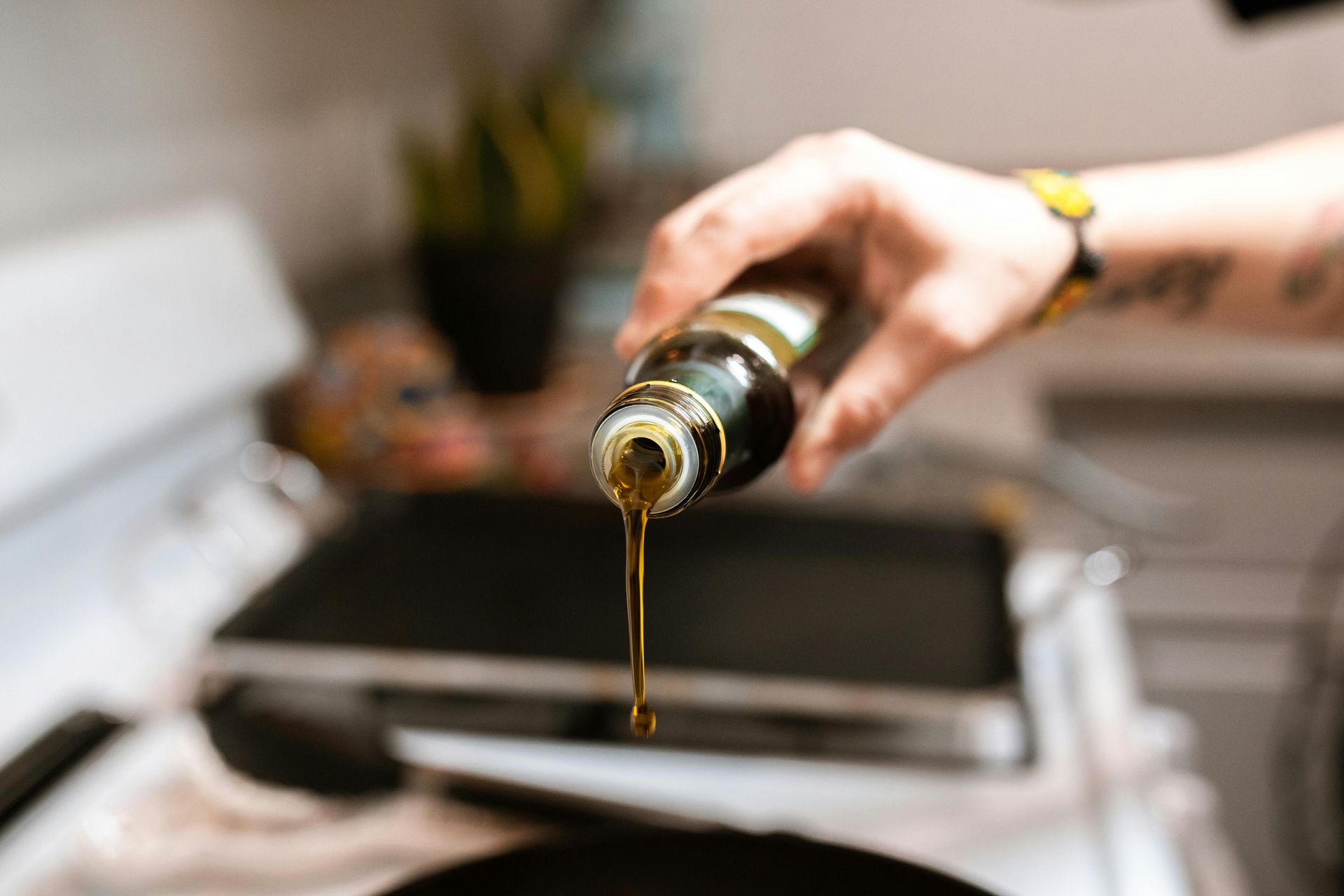On The Plate
with Robert Peers
Minimizing Food Waste: A Guide to Sustainable Cooking
Whether you’re a seasoned home chef or an enthusiastic beginner, reducing food waste is a practical and impactful way to adopt a more sustainable lifestyle. Wasting less doesn’t just save money; it also respects the resources and labour behind every ingredient you buy. From smart shopping habits to creative leftovers, here’s how to cut down on waste and make your kitchen a model of efficiency.
Plan Your Meals
Meal planning is the cornerstone of reducing food waste. Before you shop, outline the meals you intend to cook for the week. List only the ingredients you need, and check your pantry to avoid duplicate purchases. This way, you buy precisely what you’ll use—no more, no less.
Shop Strategically
With your meal plan in hand, head to the grocery store or farmers’ market. Prioritize fresh produce that’s in season and consider smaller quantities if you’re unsure you’ll use something before it spoils. Buying local produce often means it has travelled fewer miles, retaining freshness longer.
Store Ingredients Properly
Make sure to store each ingredient in optimal conditions to extend its shelf life. For instance:
- Herbs: Trim the ends and store them upright in a jar of water in the fridge.
- Lettuce and Greens: Keep them in a sealed container with a paper towel to absorb moisture.
- Grains and Legumes: Seal them in airtight containers to protect against pantry pests.
Rotate older items to the front of your fridge or pantry so they get used before newer purchases.
Use Every Part
“Root-to-stem” cooking means using the entire vegetable—like beet greens or carrot tops—rather than discarding edible parts. These often-overlooked leaves and stalks make great sautéed greens or vibrant pesto bases. Similarly, save your meat bones and vegetable scraps to make homemade stocks or broths.
Get Creative with Leftovers
Turn yesterday’s leftovers into something new and appealing. Cooked meats and veggies can be repurposed into stir-fries, tacos, or omelets. Stale bread can be revived into croutons, bread puddings, or hearty bread salads like Panzanella. The possibilities are nearly endless once you start experimenting.
Quick Tips for Sustainable Success
- Freeze Extras: If you’re not sure when you’ll use something, store it in the freezer for future meals.
- Compost Scraps: Not all kitchen waste can be avoided, but you can turn inedible scraps into nutrient-rich compost.
- Buy in Bulk (Smartly): Only bulk-buy items you frequently use and store them properly to avoid spoilage.
Conclusion
Cooking sustainably doesn’t have to be complicated or time-consuming. A few mindful tweaks—like careful meal planning, smarter shopping, and creative reuse of leftovers—can significantly reduce waste. By embracing these habits, you’re not only doing your wallet a favour but also making a positive environmental impact, one meal at a time.
More Cooking Tips
On The Plate
with Robert Peers
All Rights Reserved | On The Plate with Robert Peers | Website by CCC


